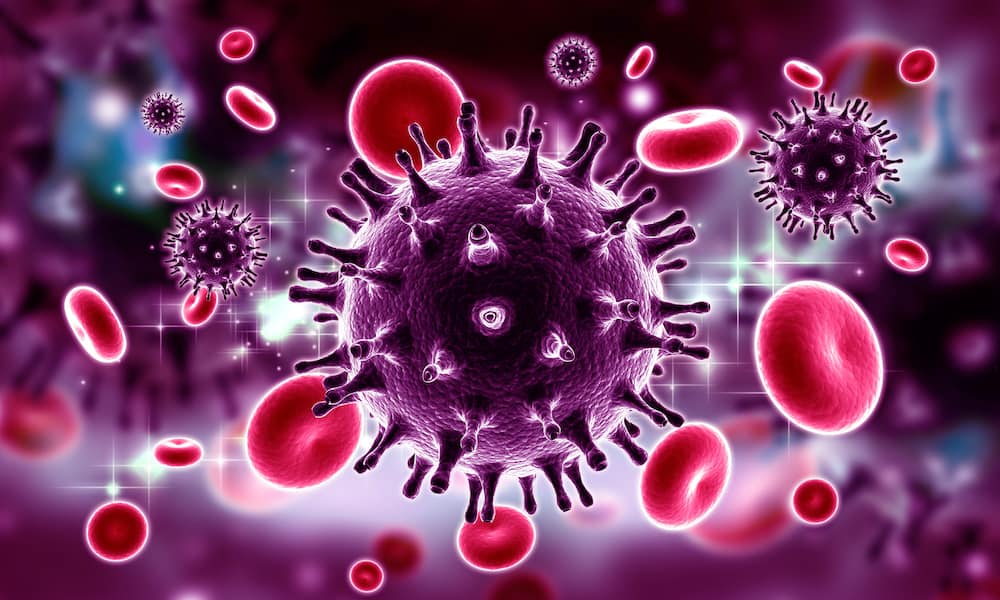Scientific research is proving more and more medical uses for cannabis. Experts cite medical marijuana as an effective treatment to use in conjunction with other medications, often to decrease their side effects. For example, people with epilepsy, cancer and HIV frequently use cannabis. Furthermore, many people choose to smoke weed instead of drink alcohol when they’re sick. But does cannabis affect your immune system? Here’s what we know so far.
Some Studies Show That Cannabis Improves Immune Function
There’s a deficit of marijuana research due to government agencies hesitancy or downright opposition to cannabis research. However, a few studies conducted without federal backing show promising results when it comes to marijuana and your immune system.
To date, there is little conclusive data on the impact of consuming cannabis on a healthy person’s immune system. The bulk of immune system-related research looks at cannabis’ effect on HIV/AIDS patients.
HIV/AIDS is an immunodeficiency virus, meaning that it targets the immune system. For this reason, people with HIV/AIDS’ response to cannabis suggests how everyone’s body interacts with cannabis.
If people with less healthy immune systems—or severely impaired immune systems as is the case with AIDS patients—can safely consume cannabis, perhaps everyone can.
Studies Confirm That Marijuana Helps People With HIV/AIDS

Reportedly, 27 percent of people with HIV/AIDS used marijuana to cope with their symptoms in 2005. Considering today’s greater access to medical marijuana and increased knowledge of its benefits, this percentage would be higher if the same study were conducted in 2018.
Cannabis alleviates many common HIV/AIDS symptoms such as nausea, loss of appetite, pain, depression and anxiety. It also has a well-deserved reputation for increasing appetite.
As also seen with cancer patients, medical marijuana


